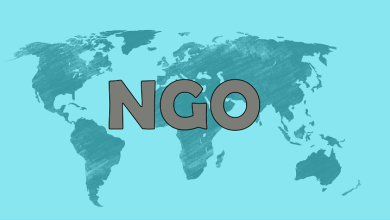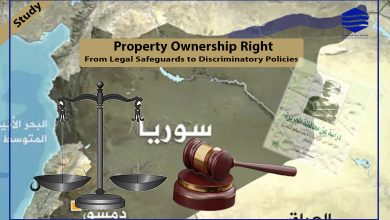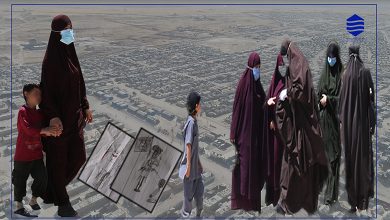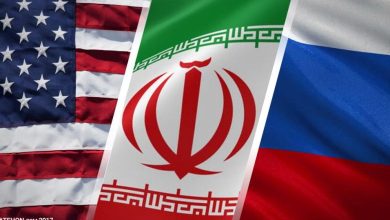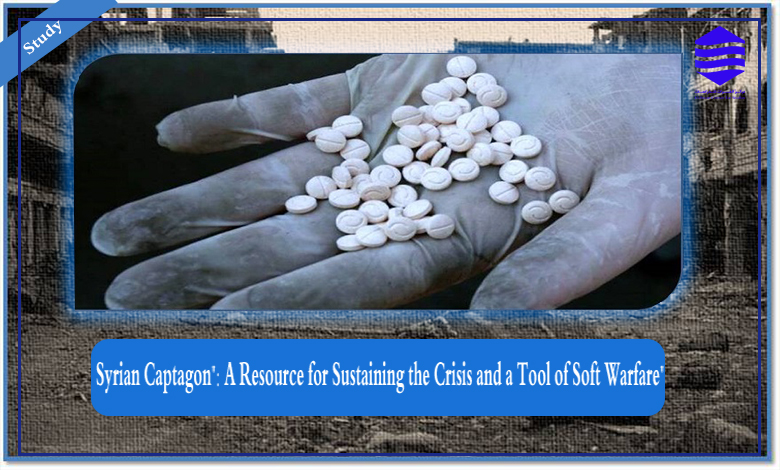
“Syrian Captagon”: A Resource for Sustaining the Crisis and a Tool of Soft Warfare
The production and trafficking of drugs within societies have posed a significant challenge for many governments worldwide, given their destructive impact on individuals and communities across various economic, social, and psychological aspects. However, what further amplifies the risks is when governments, states, and military organizations dominate their production and smuggling, leading to a multiplication of production and the utilization of their proceeds to sustain conflicts and wars. As the objectives of this trade shift from obtaining economic resources to becoming a tool of soft warfare between domestically conflicting forces and internationally struggling states, it has become a concern for all parties targeted by its promoters regionally and internationally. This has prompted some global powers, including the United States, to enact legislations and strategies to contain, encircle, and mitigate its risks.
Undoubtedly, the issue of illicit drug trade, psychoactive substances, and chemical precursors is one of the security agendas that invariably surfaces in any conference, seminar, or international forum. It is recognized as an international problem that, over the past two decades, has increasingly troubled global peace and security.
The Problem of the Study
It is widely acknowledged that issues related to drug production and trafficking are linked to illicit networks operating outside the realm of law and state systems. It is the responsibility of a state to combat such activities. However, in the case of Syria, the state itself has turned into a patron or protector of drug production and smuggling networks. Additionally, many of these networks are connected to regional powers intervening in Syria, such as Iran and Turkey. This has transformed drugs from being a source of financial gain into a tool of soft warfare among conflicting forces within and outside Syria. Its resources have become instrumental in sustaining the Syrian crisis, exacerbating social and economic collapse within the country, and destabilizing regional and international security.
Another aspect of the problem lies in the fact that the production and export of narcotics from Syria are direct outcomes of its prolonged conflict. The Syrian geography, divided into various zones of control due to the prolonged conflict, has become fertile ground for drug production and smuggling by the warring factions.
However, can the international community put an end to the problem of Syria becoming the world’s largest producer of drugs, notably “Captagon,” without addressing the root causes of this transformation? Can it effectively end the political crisis, regional and international interventions within its territory? What mechanisms, both local and international, can be adopted to eliminate this dilemma?
Significance of the Study
The significance of this study lies in its exploration of the reasons behind Syria’s transformation into a major drug-producing and trafficking state, particularly focusing on “Captagon.” It seeks to identify the entities responsible for Syria’s shift into the realm of being known as the “Captagon Country” and its connection to undermining societal, regional, and international security. Additionally, the study aims to analyze the consequences of this transformation on the targeted communities.
Furthermore, the importance of this study is underscored by its examination of the methods and strategies pursued by the United States and regional states to curb the production and trafficking of narcotics from Syria. It also assesses the effectiveness of these approaches that do not address the fundamental resolution of the Syrian crisis.
Study Objectives
The study aims to achieve the following objectives:
- To illustrate the extent of drug production and trafficking in Syria and the economic, psychological, and social damages it inflicts upon Syrian society as well as communities within regional and global contexts.
- To explore ways to confront this phenomenon at both local and international levels, and to determine whether political conditions allow for the coordination of international anti-drug initiatives, with or without the involvement of the Syrian government.
- This study raises awareness about certain local and international risks stemming from the increasing production of “Captagon” in Syria. It also proposes solutions and recommendations that have the potential to combat this dangerous phenomenon on both local and global scales.
